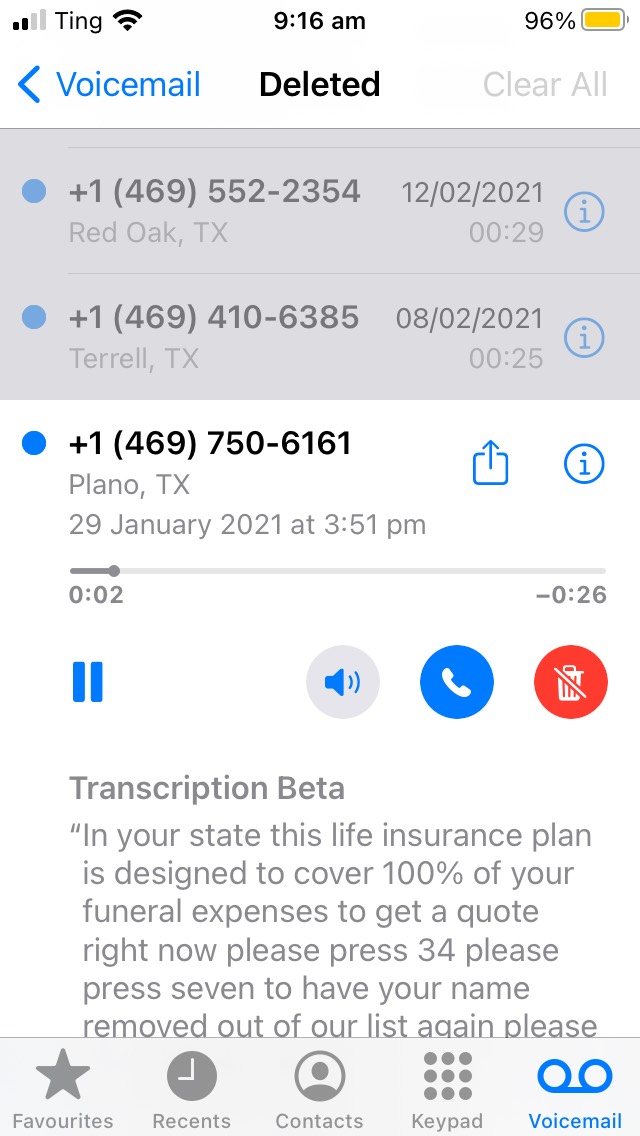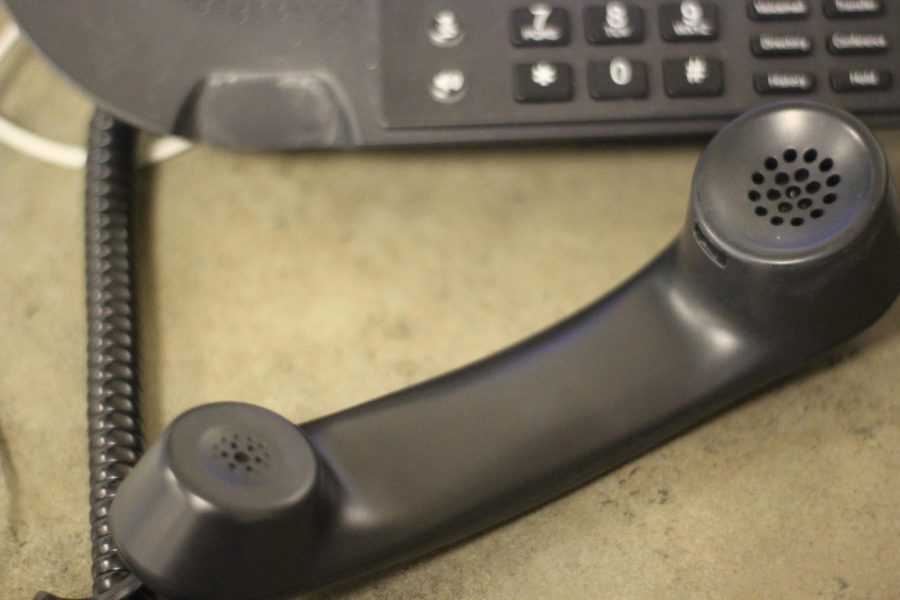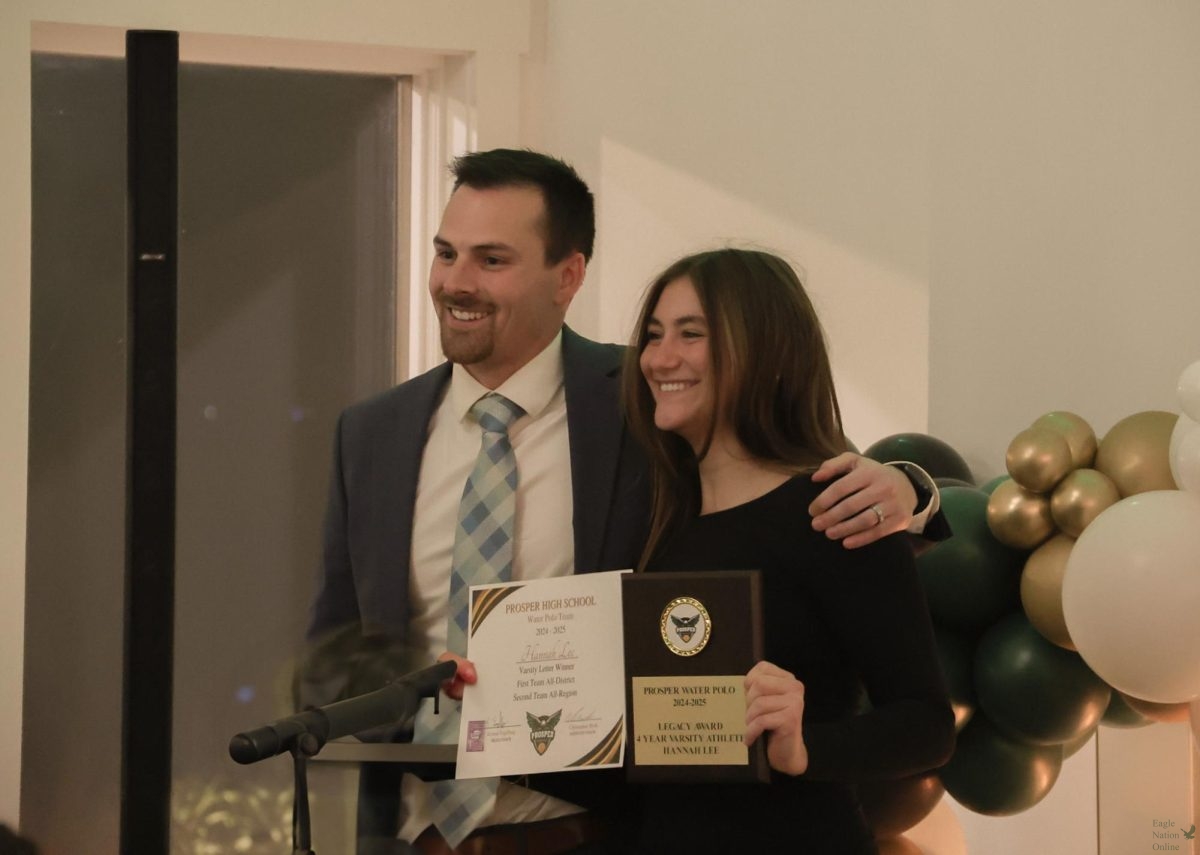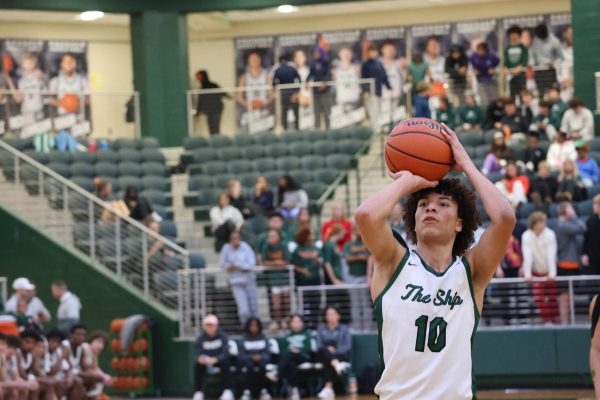Voice phishing increases; spam callers target district faculty, students
Voice phishing, one of the most common crimes on the internet, allows criminals to hide behind the mask of an anonymous number. According to the University of Michigan’s safe computing site, Vishing (voice phishing) utilizes fraudulent phone calls to trick people into giving money or revealing personal information. “Malicious actors can ‘spoof’ or mask their real number with a number that is not theirs,” Chief Technology Officer Fernando De Velasco said. “They will frequently choose to spoof their number with a phone number that is local.”
March 29, 2021
Voice phishing, a common crime on the internet, allows criminals to hide behind the mask of an anonymous number. According to the University of Michigan’s safe computing site, Vishing, also called voice phishing, involves the use of fraudulent phone calls to trick people into giving money or revealing personal information. It’s a new name for an old problem — telephone scams.
Students and parents here have been a victim of these scam callers.
“On Feb. 5, one of us was targeted with vishing,” district chief technology officer Fernando De Velasco said. “This individual received a phone call from 469-219-2176, that happens to be one of our numbers, and the caller id displayed Prosper ISD.”
Vishers can hide behind the identity of a company, trusted association or the government. The messages can be automated or spoken by a person in real time, and they are becoming frequent. In 2018, scam calls represented nearly 30% of all incoming mobile calls. Of people who report government imposter vishing scams to the FTC, only 6% had actually lost money — but those who did had a median loss of $960.

“The recording said ‘There are lawsuits against your social security number, and to press one to resolve it,’“ De Velasco said. “This is not the first and will not be the last.”
The calls are designed to intrigue potential customers. Scammers will offer “free” vacations, ask the recipient to donate to charity, or use fear mongering to get one to respond.
“Malicious actors can ‘spoof’ or mask their real number with a number that is not theirs,” De Velasco said. “They will frequently choose to spoof their number with a phone number that is local.”
Often, the call can be about a nonexistent expired warranty or health insurance. A similarity is they will ask for a call-back and for personal information. Sometimes it can just be an email address, or even a billing address and credit card information.
“I get calls about warranties I don’t have all the time,” sophomore Margaret Lair said. “I usually just ignore them because I know they’re spam.”
During the COVID-19 pandemic, scammers have found ways to take advantage of the situation. They may call and disguise themselves as medical professionals, hospitals, health agencies or insurance companies. Companies have made the shift to telework, which lowers the comprehensive monitoring of network access points and privilege escalation. Callers will disguise themselves as charities requesting a donation for disaster relief or COVID-19 support.
“I’ve put my number on the do-not-call list for spam calls,” Prosper resident Tracey George said. “I get less this way, but it doesn’t completely stop them.”
There are a number of ways to prevent voice vishers from taking advantage of the internet to steal information.
Tips to avoid spam caller situations:
- The caller will try to utilize a scenario to prey on human emotions, commonly greed or fear, and their goal is to convince the victim to disclose sensitive information, like credit card numbers or passwords.
- Do not pay fees for prizes or rewards offered by phone.
- Caller IDs can be faked. There have been reports of forged phone numbers from U-M, government offices, and other businesses and institutions.
- Vishers may pressure the recipient to make immediate decisions to give the caller what they want, which may include money and organizational information, including names and contact information of coworkers.
- The IRS will never ask one for debit or credit card numbers by phone or demand immediate payments using specific methods, such as prepaid gift cards, debit cards, or wire transfers. The IRS will generally contact one first via U.S. Mail.
- Vishers may threaten the recipient with things such as: a flagged bank account, an expired social security number, an extended warranty, tax returns, a warrant for an arrest, or even an accident with one of your loved ones.
- It is possible to add one’s phone number to the National Do Not Call Registry to reduce unwanted sales calls.



















